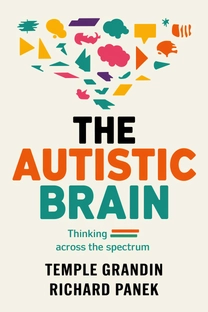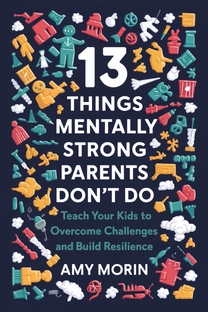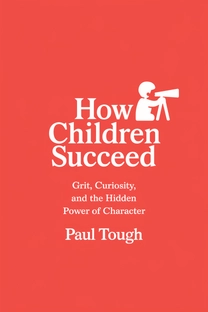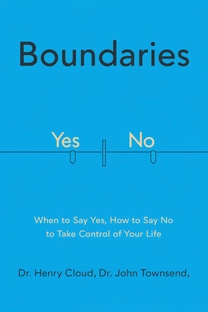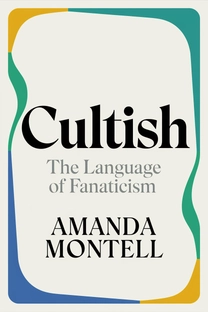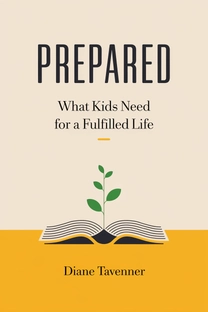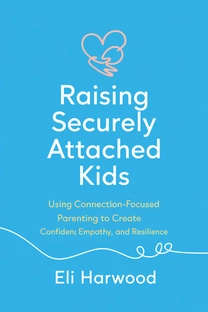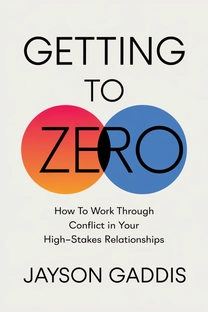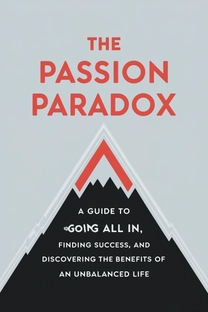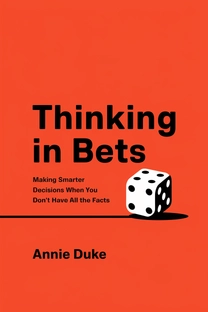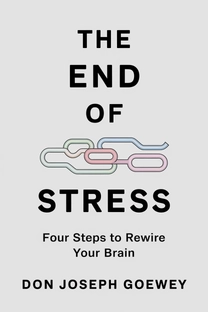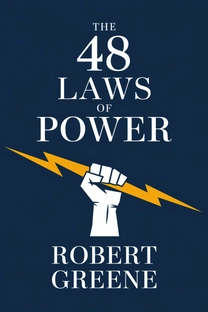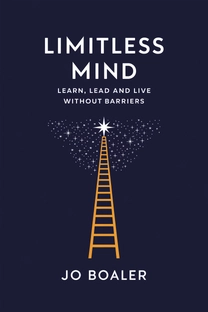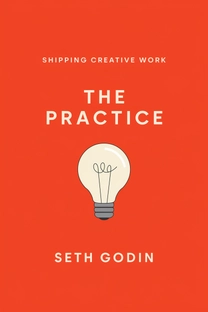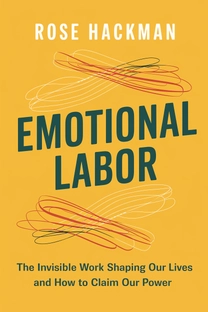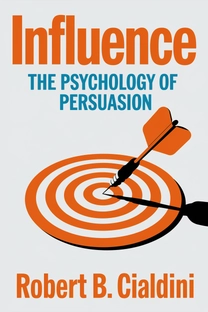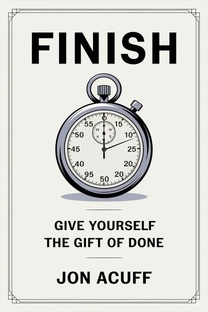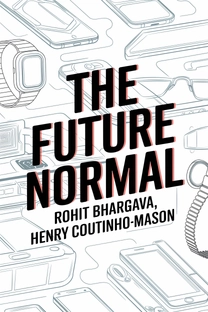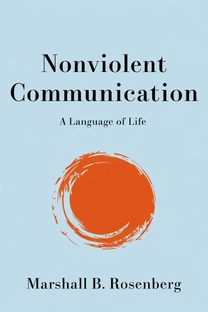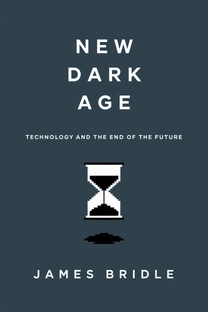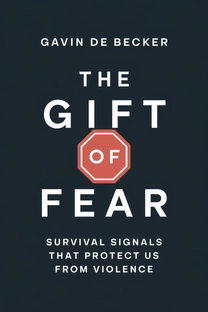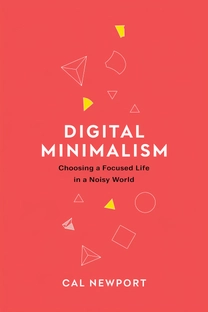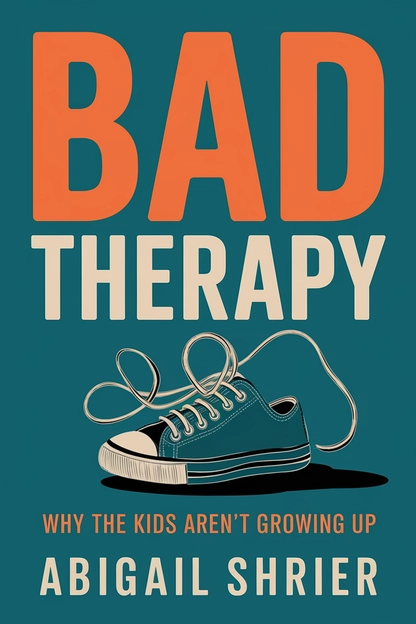
Bad Therapy
Why The Kids Aren't Growing Up
by Abigail Shrier
Brief overview
This book warns that a surge in therapy culture may keep young people from gaining true resilience. It explores how constant focus on diagnosis, emotional fragility, and overprotective parenting can undermine normal growth and self-reliance.
Introduction
Many parents, teachers, and counselors today are determined to protect children from any adversity. Yet this eagerness to help can become a double-edged sword. In a world where every challenge is labeled a crisis, children may lose the chance to learn vital coping skills.
This journey begins by examining why so many kids are being sent to therapy in the first place. While treatment can benefit those with genuine struggles, an overreliance on diagnoses risks turning normal childhood hurdles into permanent labels. We soon see that in some cases, the cure may worsen the illness.
Thinking of each hardship as a trauma sounds compassionate, but it can train kids to see themselves as fragile. The more they think of their emotions as crises, the less they trust their own power to handle life’s difficulties.
How Therapy Culture Took Over
Therapy as a cultural force has been growing for decades. Initially, it promised people a chance to explore deep-seated issues. Over time, it gradually extended its reach to everyday frustrations and ordinary developmental milestones.
Today, our society is soaked in therapeutic language. People are encouraged to interpret every worry, sadness, or conflict through a psychological lens. Well-meaning strategies like 'trauma-informed care' can end up pathologizing normal life moments.
Parents especially have turned to experts in hopes of ensuring their kids grow up without avoidable pain. In the process, they sometimes surrender old-fashioned wisdom—like letting children face small failures that build resilience and grit.
Instead of balancing guidance with a belief in a child’s innate strengths, adults can overstep. This sets the stage for kids who are unprepared for even minor disappointments, let alone bigger obstacles.
What is Bad Therapy about?
Bad Therapy: Why The Kids Aren't Growing Up by Abigail Shrier presents a provocative exploration of the modern therapy culture and its unintended consequences on younger generations. This insightful book critiques the pervasive emphasis on emotional fragility and diagnosis, arguing that overemphasis on therapeutic interventions may be short-circuiting children's natural development of resilience. Through a compelling narrative, Shrier examines how overprotective parenting and schools' therapy-based interventions might hinder children from learning important life skills.
The book delves deeply into the issues of over-diagnosis and labeling, highlighting the potential impact these practices have on children's confidence and self-reliance. Shrier challenges conventional wisdom by suggesting that what is often seen as protective behavior can ironically create a fragile generation unprepared to face real-world challenges. This thought-provoking read is a call to reassess the balance of providing support while nurturing the natural resilience of young individuals.
Review of Bad Therapy
Abigail Shrier's Bad Therapy: Why The Kids Aren't Growing Up is a refreshing examination of the surging therapy culture affecting today's youth. A brilliantly argued thesis points out key strengths, such as its critical analysis of prevalent therapeutic practices and their real-world impacts. One of the book's unique aspects is its application of the concept of iatrogenesis—where treatment inadvertently causes harm—to the field of mental health, showing how over-intervention might not always be the ideal approach.
Shrier provides practical takeaways, challenging parents and educators to reevaluate the often well-intended therapies and interventions. Her accessible writing style coupled with a passionate argument makes the topic both enlightening and engaging for any reader. Especially pertinent for those in educational roles and parents, this book invites a reevaluation of how we nurture young minds without impeding their development into self-reliant individuals. Through an engaging mix of research and narrative, Shrier effectively underscores the need to balance empathy with fostering independence.
Who should read Bad Therapy?
- <li><strong>Parents</strong>: Concerned with raising independent, resilient children amidst widespread therapy culture.</li>
- <li><strong>Educators and School Administrators</strong>: Interested in understanding the effects of therapy-focused school interventions on student growth.</li>
- <li><strong>Mental Health Practitioners</strong>: Looking to reflect on the potential limits and consequences of diagnosing and therapy in young patients.</li>
- <li><strong>Policy Makers</strong>: Focused on educational and health systems' approaches to child development and mental health.</li>
- <li><strong>General Readers</strong>: Curious about contemporary social trends in parenting and education.</li>
About the author
Book summaries like Bad Therapy
Why readers love Mindleap
10-Minute Book Insights
Get the core ideas from the world's best books in just 10 minutes of reading or listening.
Curated For You
Discover your next favorite book with personalized recommendations based on your interests.
AI Book ExpertNew
Chat with our AI to help find the best book for you and your goals.
Reviews of MindLeap
Love how I can get the key ideas from books in just 15 minutes! Perfect for my busy schedule and helps me decide which books to read in full.
Alex R.
The summaries are incredibly well-written and the audio feature is perfect for my commute. Such a time-saver!
Jessica M.
Great app for personal growth. The insights are clear and actionable, and I love how they capture the essence of each book.
Chris P.
The app is beautifully designed and the summaries are top-notch. Definitely worth every penny!
Sarah K.


